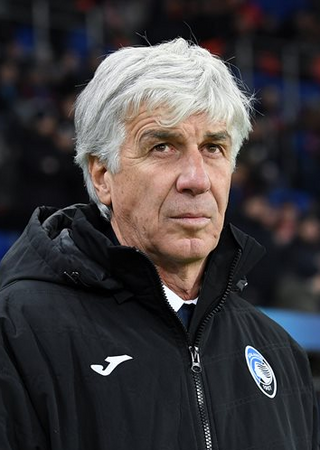Understanding the Impact of Gian Piero Gasperini in Football

Introduction
Gian Piero Gasperini has become a pivotal figure in football management, known for his progressive tactical approach and the significant transformation he has brought to Atalanta BC. His coaching philosophy not only captivates fans but also poses interesting questions about the evolution of football strategies in the modern game.
A Revolutionary Approach at Atalanta
Under Gasperini’s guidance since 2016, Atalanta has become a force in Serie A and a surprise contender in European competitions. Gasperini’s unique 3-4-2-1 formation maximises the energy and versatility of his players, creating dynamic attacking patterns that include overlapping wing-backs and swift transitions.
In the 2019-2020 season, Gasperini led Atalanta to an impressive third-place finish in Serie A while setting a record for most goals scored in a single season. This achievement not only highlights his attacking football philosophy but also showcases his ability to harness the potential of players such as Duván Zapata and Josip Iličić, who have thrived under his mentorship.
His Tactical Philosophy
Gasperini’s tactical style is heavily influenced by the principles of pressing and fluid movement. His teams are known for aggressive presses, often recovering the ball quickly after losing possession. This not only disrupts the opponent’s rhythm but also creates instant scoring opportunities. Furthermore, Gasperini has shown a remarkable ability to adapt his strategies based on the strengths and weaknesses of his opponents, demonstrating his deep understanding of the game.
Challenges and Criticism
Despite his successes, Gasperini faces criticism regarding his temperament and consistency in high-pressure situations, such as knockout rounds in the Champions League. Some critics point to tactical inflexibility in crucial moments, suggesting that adjustments during matches are an area for improvement. Yet, his overall impact on Atalanta’s identity and success remains undeniable.
Conclusion
As Gasperini continues to shape Atalanta’s future, his influence on modern football is significant. With a blend of innovative tactics and a commitment to attacking football, he represents a forward-thinking managerial approach. Looking ahead, Gasperini’s ability to maintain success while adapting to evolving competition will be crucial for his legacy in the sport. Fans and analysts alike will be observing closely to see if Gasperini can help Atalanta achieve greater heights, both domestically and in Europe.








